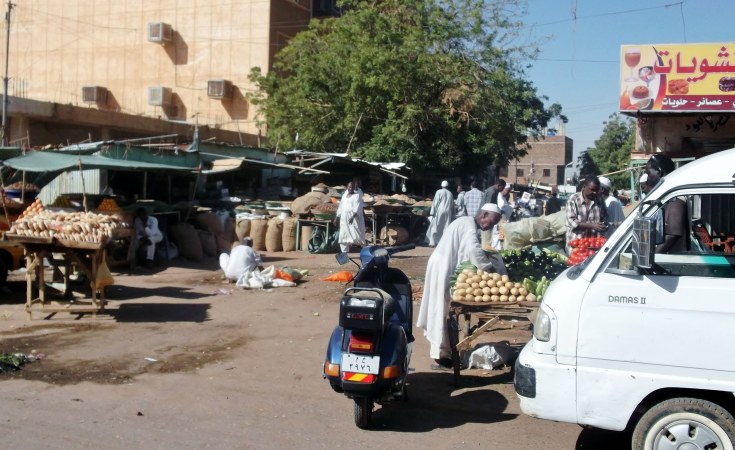Khartoum — Mohamed El Mahdi Hasan, head of the Political Bureau of the National Umma Party (NUP), says that the framework agreement is open for necessary amendments proposed by current opponents. He told Radio Dabanga on Wednesday that they are contacting the main opponent groups to discuss their concerns. "The signatory and non-signatory parties agree on 95 per cent of the framework agreement articles," he said. "It is never possible to achieve complete consensus."
The signatories are drawing up plans and forming committees to make the necessary arrangements for the final agreement between the military and civilian groups about the upcoming transitional period, scheduled to be signed at the end of this month.
The NUP leader said that the arrangements include attempts to persuade the opponents to join the framework agreement, detailing the items outlined in the agreement and turning it into a final agreement, in addition to broad public action to promote the agreement in the country and abroad.
Juba Peace Agreement
He further said that a number of issues in the 2020 Juba Peace Agreement (JPA) need to be reviewed "while the gains for the people living in the war zones are to be preserved". The main points concern power-sharing and the protocols concerning Sudan's five regions, in particular the Eastern Sudan Track Protocol.
Hasan called on the rebel movements that signed the JPA to nominate qualified technocrats from Darfur, who should devote themselves to monitoring the implementation of the agreement and the process of transforming the movements into political parties who then participate in the general elections.
"The framework agreement stipulates the formation of a government of non-partisan technocrats, while the military will withdraw from politics and work on reforming the military institution," he explained.
"After the signing of the JPA, the only thing that happened is that the signatory parties got high government positions, while the violence and insecurity in Darfur even increased.
"Most important now are the implementation of the reconstruction, the return of the displaced and refugees [to their places of origin], and the provision of security and services."
Demonstrations
Regarding violence used by government forces against anti-junta protesters, the party leader said that a joint committee has been formed to monitor abuses during demonstrations.
The joint committee consists of medical doctors, members of the Emergency Lawyers, public prosecutors, and delegates of the regular forces.
Hasan urged the resistance committees in Khartoum not to call for demonstrations to lead to the Republican Palace and to stay committed to "the usual peaceful demonstrations". He called on protesters not to provoke police forces and on the security forces to exercise restraint and refrain from attacking demonstrators.
He expressed his regret for the violence during the December 5 demonstrations, and stressed that "all abuses that occurred during the last period will be investigated and those involved will be held accountable".
Jibril Ibrahim, leader of the Justice and Equality Movement, co-deputy head of the FFC-Democratic Block, and currently Minister of Finance, has expressed his refusal to sign the framework agreement if the amendments of the FFC-DB are not included in the text.
At a press conference in Khartoum on Tuesday, he said that it is very difficult to accept the agreement in its current form. "Whoever expects to be able to convince us to sign is delusional."
He warned that those who proposed a review of the JPA "are playing with fire", and blamed the international community for their "blatant interference in Sudanese affairs".


